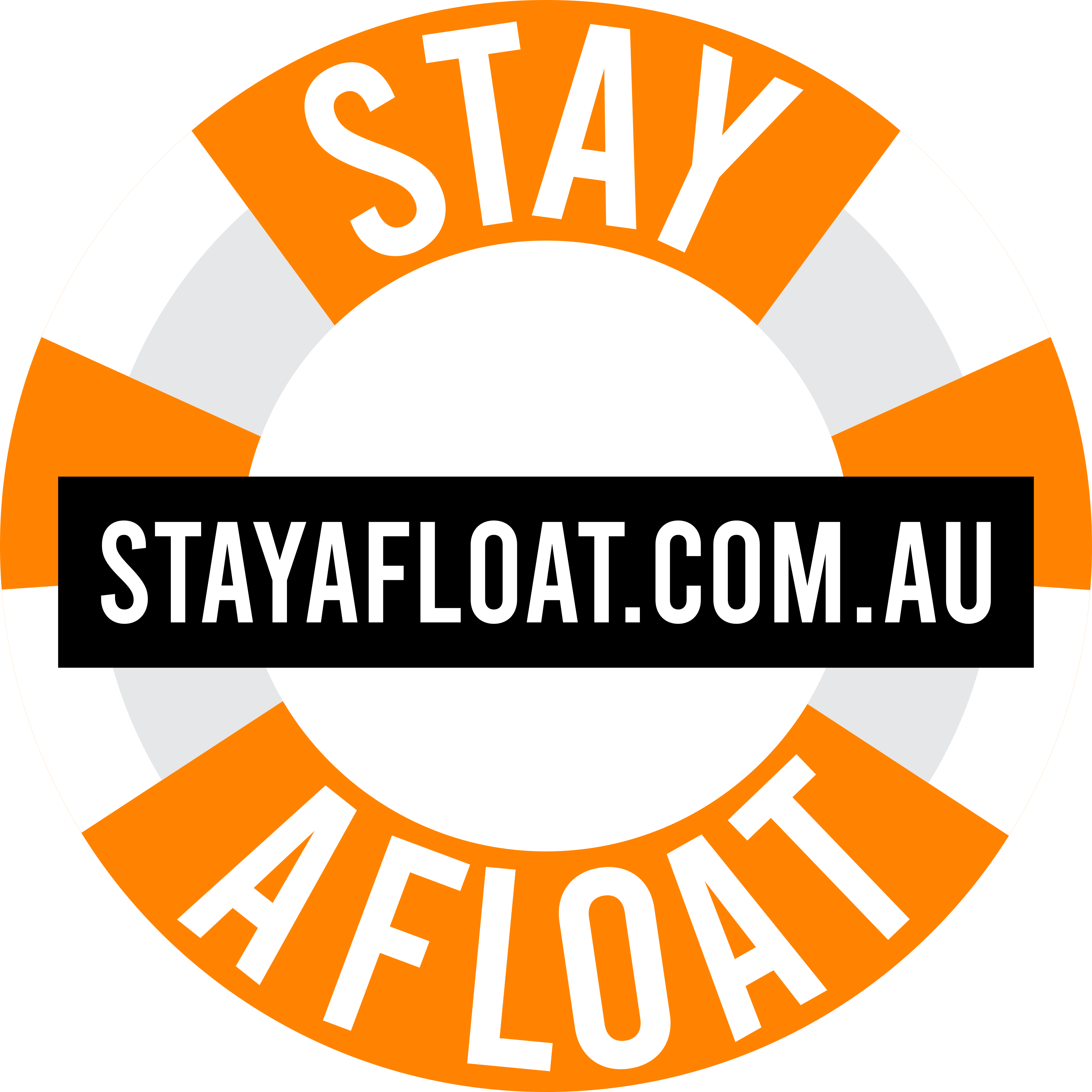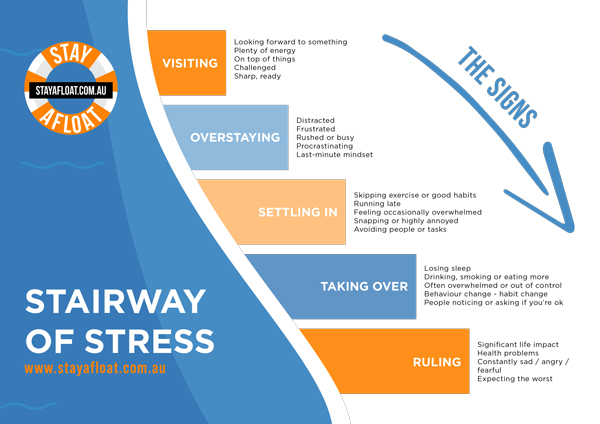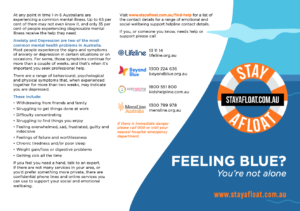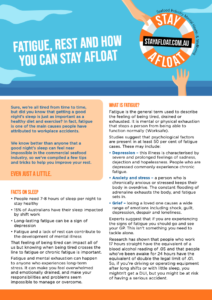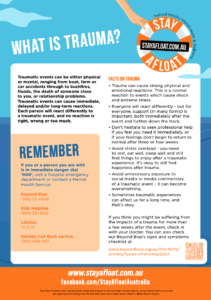If you, or someone you know, needs help or support please call
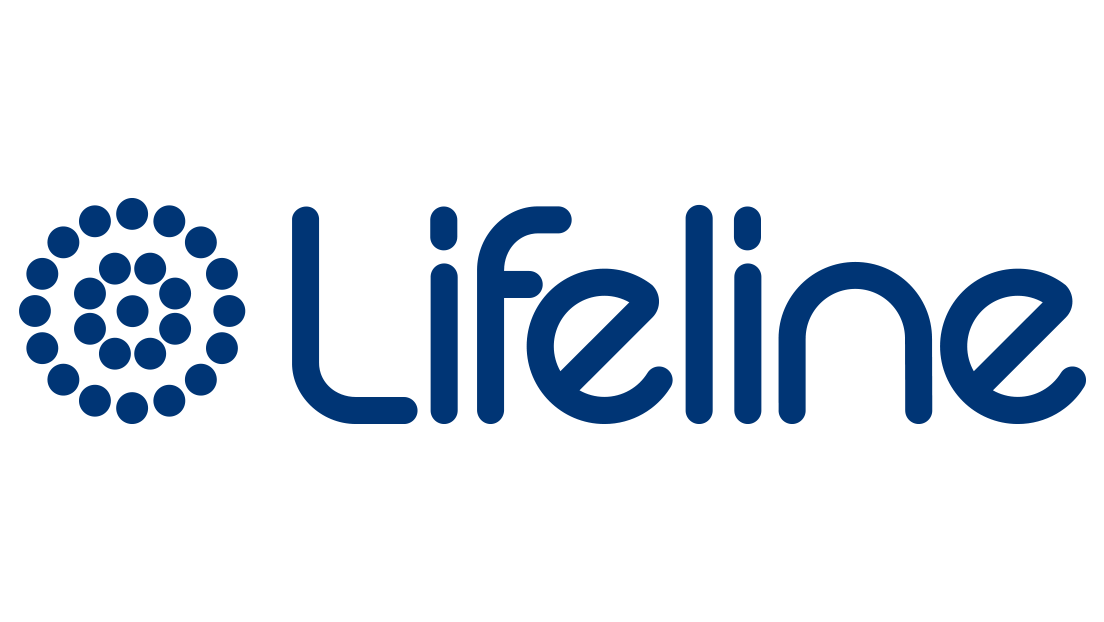
13 11 14
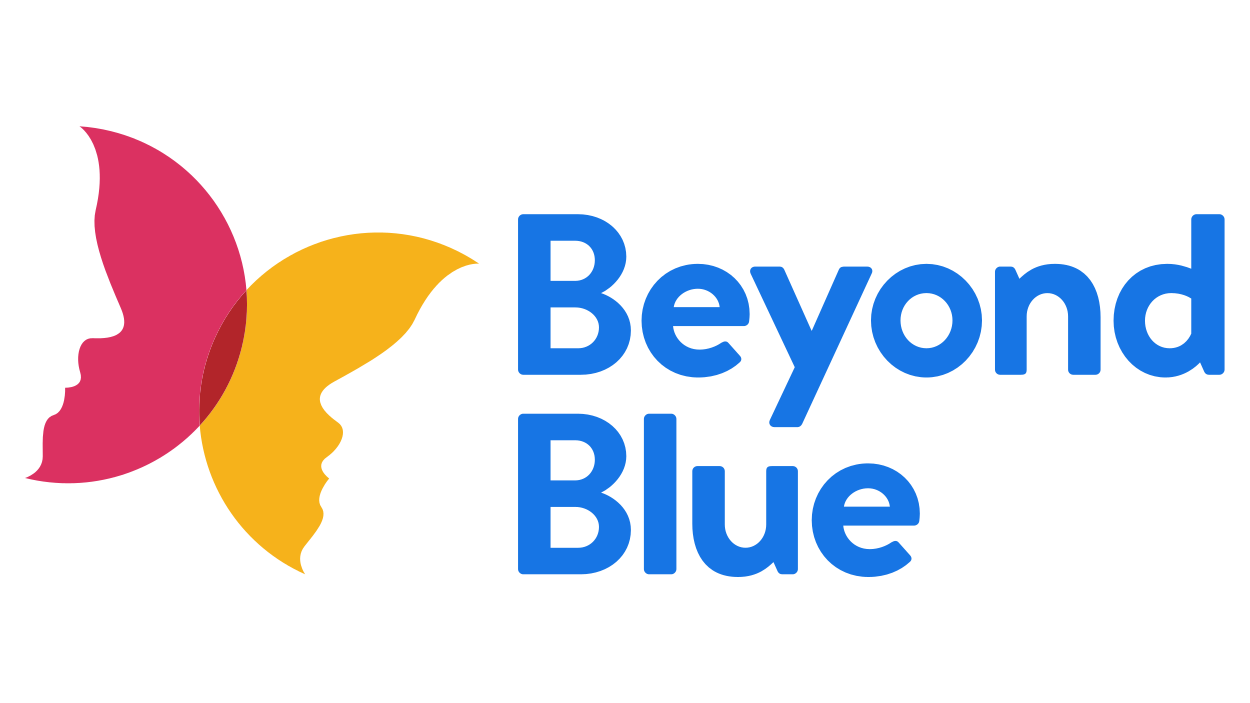
1300 224 636
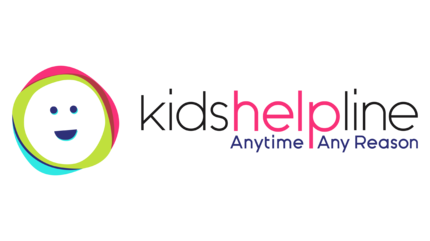
1800 551 800
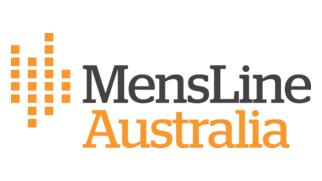
1300 78 99 78
If there is immediate danger please call 000 or visit your nearest hospital emergency department.
A list of local supports can be found on the “Our Communities” page.
- 1 in 5 Australians experience a mental illness each year
- Almost 50% of us will experience a mental illness in our lifetime
- Mental illness and physical injury and illness often happen concurrently
- Studies have shown that in key parts of the seafood industry, more people than the typical population experience mental illness and a number of chronic physical conditions too.
Having information and talking to each other makes a difference. Download any of our tools and have a read. Even better, chat about them with a friend or family member.
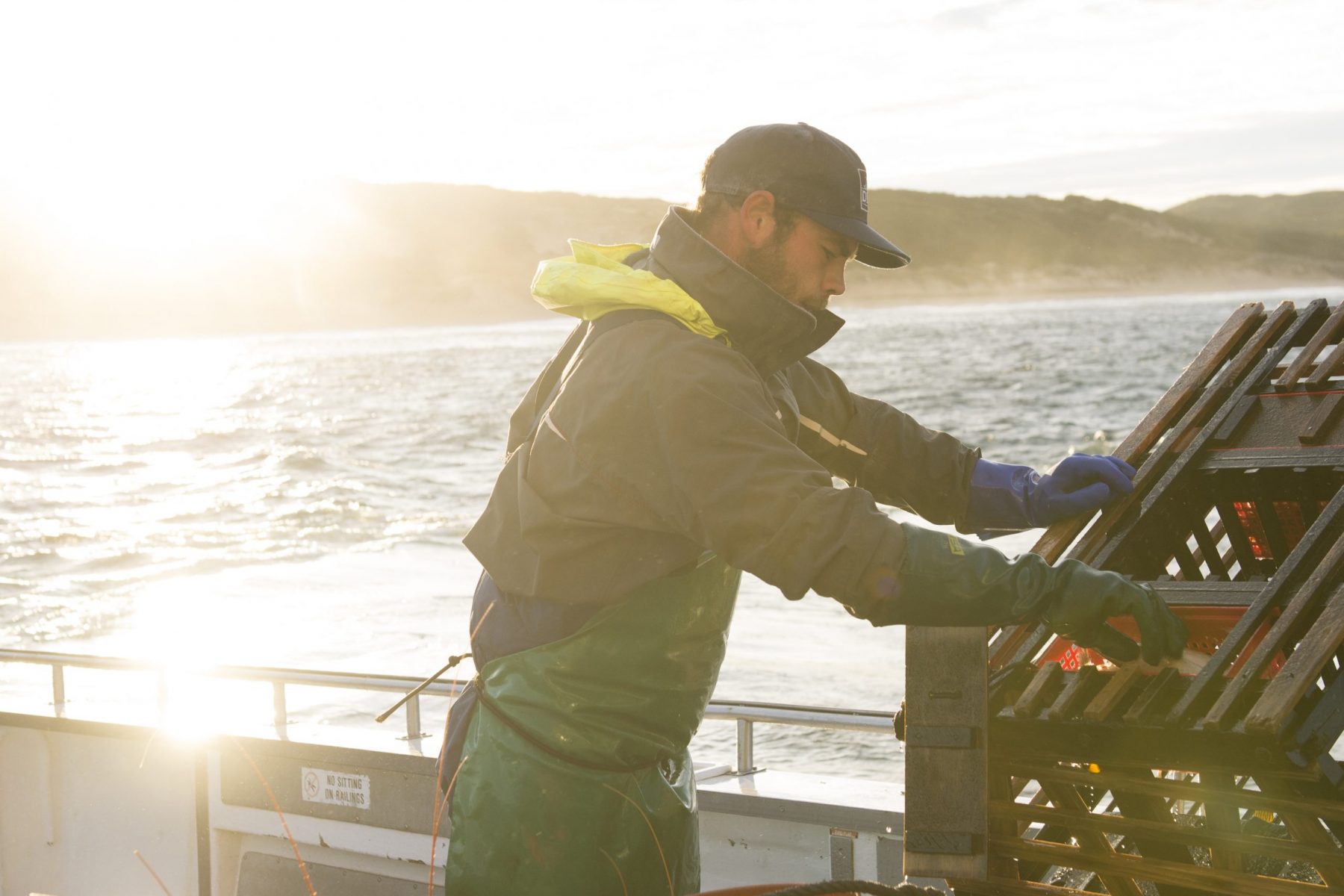
5 Habits of Happiness – Supporting Mental Health in the Seafood Industry
Working in the seafood industry can be rewarding but also challenging, which is why looking after your mental health is so important. 5 Habits of Happiness is a simple, practical resource designed to help you stay well by building small, everyday habits that make a big difference. The five habits—being connected, active, mindful, learning, and giving—are proven ways to strengthen resilience, reduce stress, and boost wellbeing. By weaving these habits into daily life, individuals and teams across the industry can create a culture where looking after mental health is just as important as looking after the catch.
Worried About a Workmate is all about looking out for your mates, especially in tough industries like seafood, where stress, long hours, and isolation can take a toll.
It’s a friendly reminder that it’s okay to ask someone if they’re doing alright, even if it feels awkward or you’re not sure what to say. The flyer gives simple, practical tips (based on advice from Beyond Blue) to help you start the conversation and know what to do next if your mate says they’re not okay.
At the end of the day, it’s about checking in, listening without judgment, and helping each other stay well, because no one should have to go through hard times alone.
What Is Trauma, is about helping people understand what trauma is, how it can affect us, and how to support someone going through a tough time.
It explains that trauma doesn’t always look the same for everyone; some people might feel sad, anxious or angry, while others might just seem flat or distracted.
At its heart, this flyer is a gentle reminder that there’s no “right way” to react to trauma, but there’s always help available, and it’s okay to reach out.
